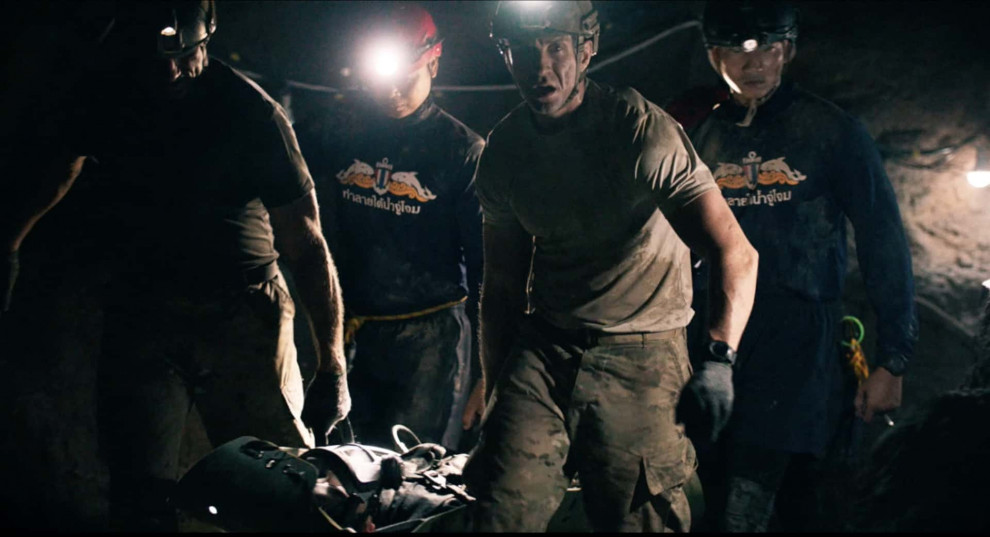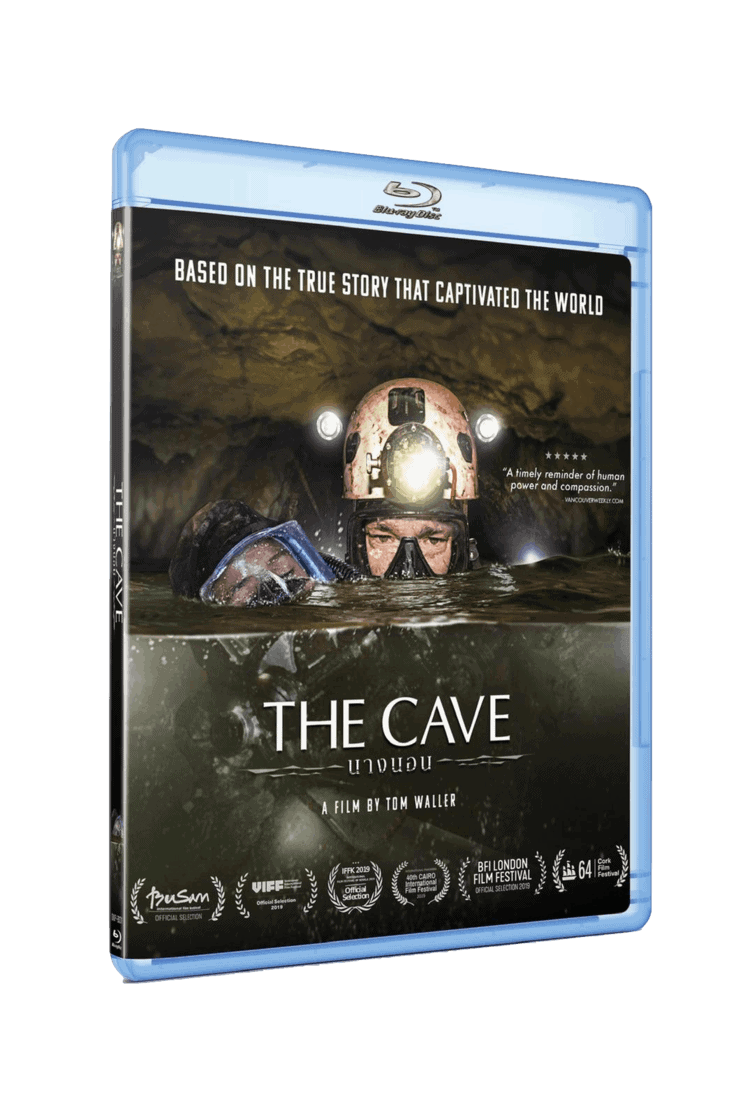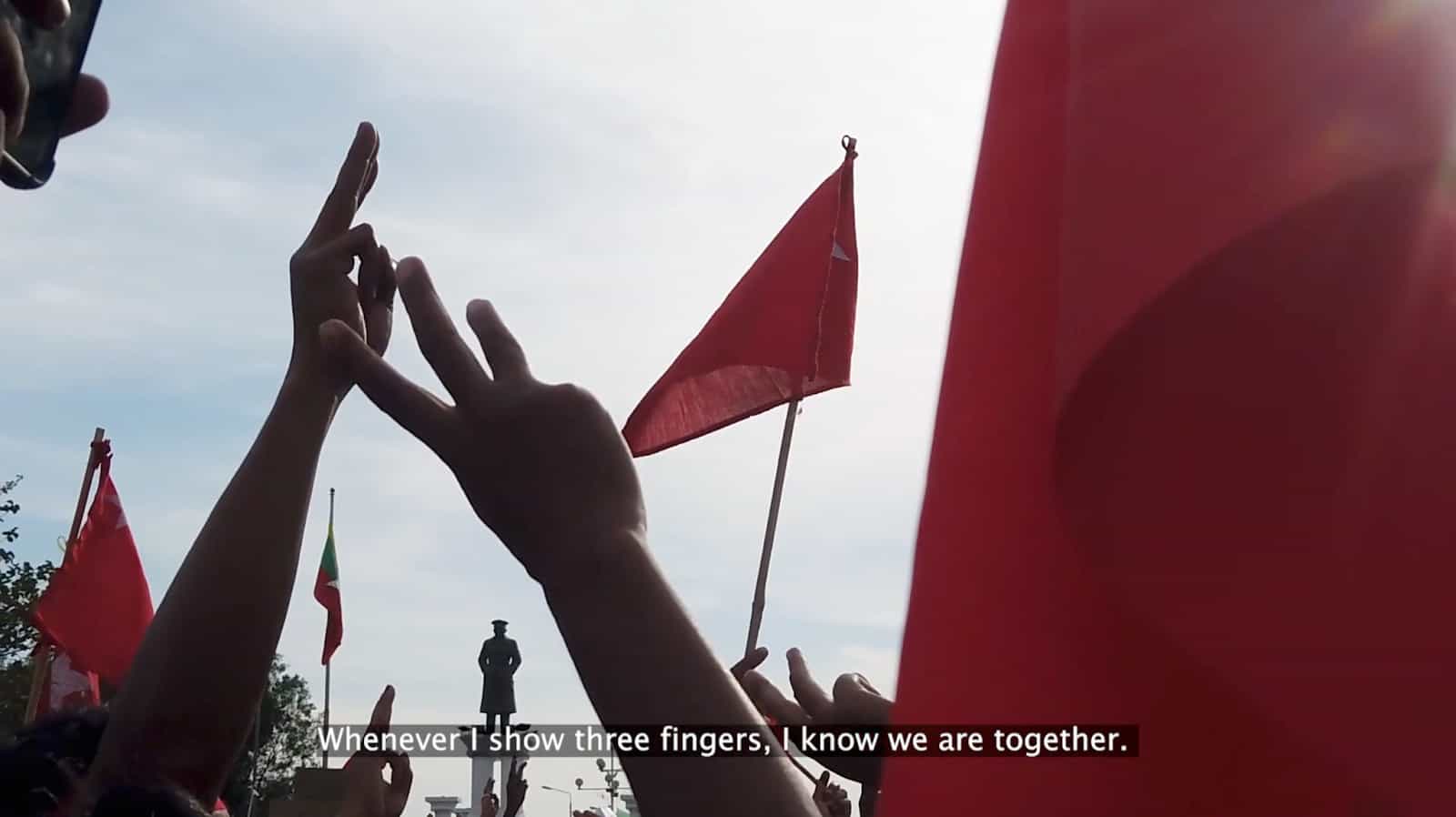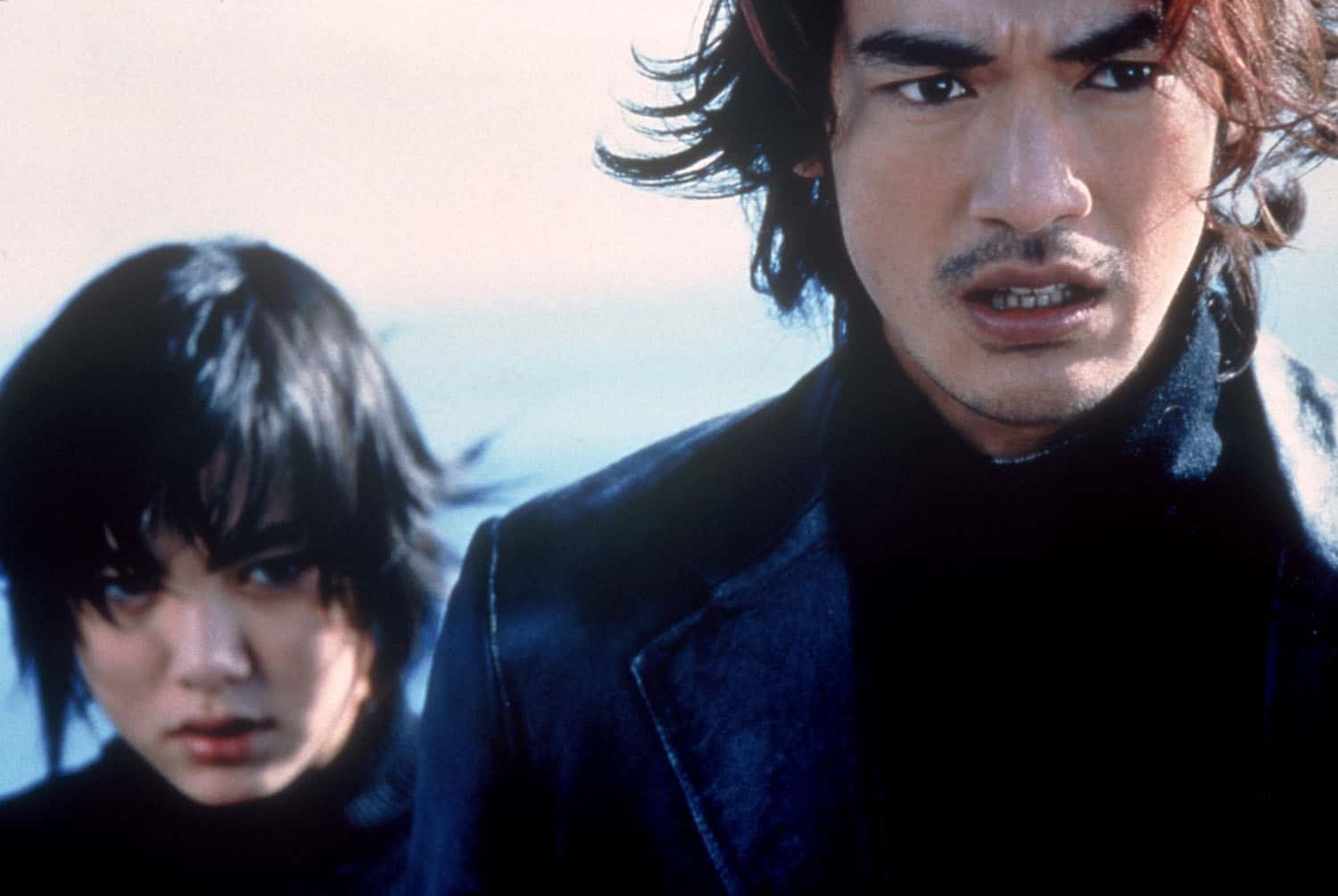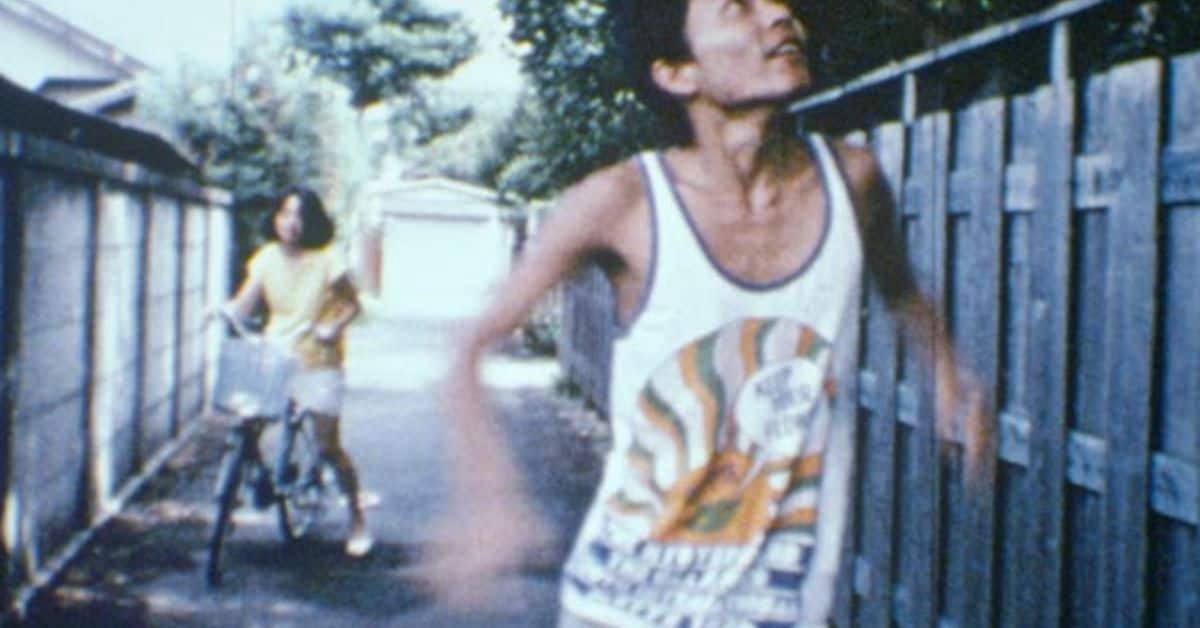The 2018 Tham Luang cave rescue was one of the most shocking and captivating stories the world experienced during the last years, as it captivated global interest for the 17 days the operation to rescue the twelve members of the football team (aged 11 to 16) and their 25-year-old assistant from the cave they were trapped in, lasted. The rescue efforts involved over 10,000 people, including more than 100 divers, scores of rescue workers, representatives from about 100 governmental agencies, 900 police officers, and 2,000 soldiers; and it required ten police helicopters, seven ambulances, more than 700 diving cylinders, and the pumping of more than a billion liters of water from the caves. Tom Waller focuses on the people and the events of the rescue while he dedicates the movie to Saman Kunan, a rescue diver who died during the operation.
Buy This Title
The film deals with the events that led to the trapping of the team very briefly, before it begins focusing on the rescue operation and the difficulties the people involved faced until the final success. As the story stays very close to the actual events and Adriana Rosati has already reviewed the film once, this article will focus on analysis.
The approach Tom Waller implements towards the narrative is probably the best asset of the movie, as the combination of documentary, news coverage and feature style that dominates the majority of the movie works wonders in the depiction of the events and the complications the rescuers faced. To begin with, Waller focuses on the way religion and the supernatural beliefs many Thais seem to indulge affected the operation. Secondly, the issues brought by the bureaucracy that almost led the whole enterprise to failure, particularly when combined with the difficulties presented due to people from different countries trying to cooperate. Thirdly, the role of the press, which in this case, helped significantly, is also highlighted, with the same applying to the sacrifices of the locals, who saw their crops flooded due to the water that was removed from the caves, but decided not to just accept the fact. Fourthly, the build-up for Jim Warny's arrival is also impressive, in essence functioning as a super-hero presentation, in an element that adds much to the entertainment the film offers. Lastly, the second part, which focuses on the actual saving of the children, unfolds much like an agonizing thriller (particularly if one has not followed the events) while its inducement into the narrative comes right at the point before the previous approach becomes somewhat tiring. This last element owes much to both Waller's direction and Lee Chatametikool and Asamaporn Samakphan's excellent editing, which retains a very fitting fast pace throughout the movie, has stripped it from unnecessary scenes, and has placed the change of style just at the right spot.
The combination of all the aforementioned results in an utterly realistic film, a concept that becomes even more intense through the participation of many of the people who were involved in the actual operations. At the same time, Waller has not omitted to include moments of sheer artistry, with DP Wade Muller presenting images of extreme beauty of the area, while his framing in the various instances of the film is excellent, as it highlights the style Waller wanted to implement (news coverage, documentary, thriller) in the best fashion.
“The Cave” is a movie that presents a shocking succession of events though an excellent cinematic approach and with utter realism, in a mixture that highlights Tom Waller's prowess, and results in a truly great film.


